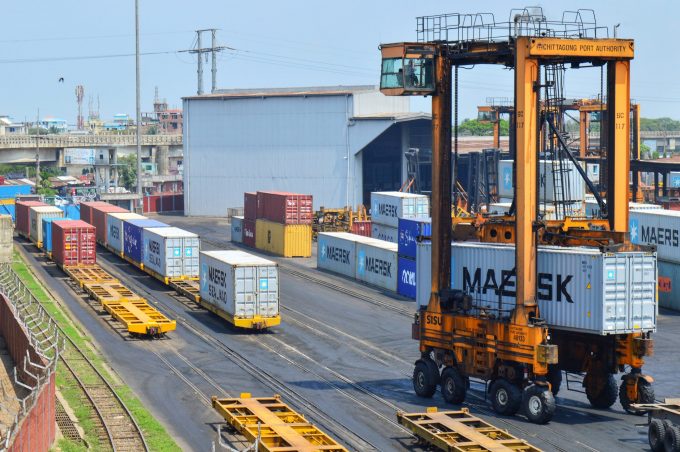
Photo:© Moheen Reeyad Wikimedia Commons
An increase in cargo handling equipment and a decline in import cargo has seen Bangladesh’s prime seaport, Chittagong, significantly reduce both volumes and berth waiting times for vessels.
Less traffic at the ports is due in part to government constraints on the import of luxury items, ...

Comment on this article